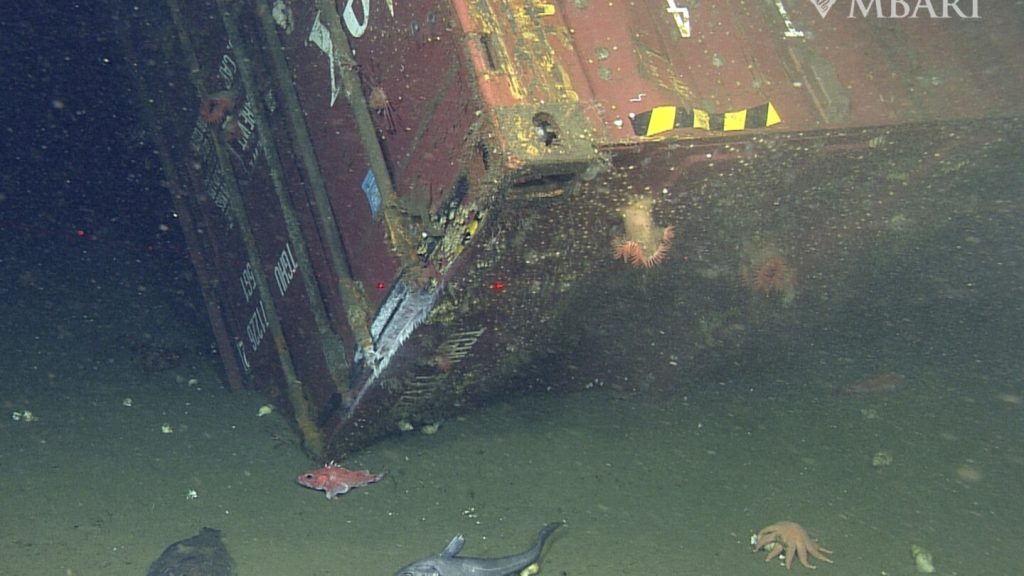Shipping container spills are a significant issue that can have wide-reaching consequences, both environmentally and economically. These spills are often caused by accidents, such as storms or wrecks, which result in containers falling off ships. The size of modern cargo vessels, which can carry up to ten times the freight of older ships, has contributed to the problem. These large ships are more difficult to maneuver and are more susceptible to rolling in high waves, increasing the chances of container spills. Accidents are also linked to inaccurately labeled, weighed, or stored cargo, as well as mislabeling of dangerous goods.
The exact number of shipping container spills is not clear, as tracking efforts are fragmented and incomplete. According to the World Shipping Council, an average of 1,480 containers were lost annually over a 16-year period, with fewer losses reported in recent years. However, this data only includes losses from council members, leaving out spills from non-members. The environmental impacts of these spills can be long-lasting, with debris washing up on coastlines thousands of miles apart. The consequences of a massive fire aboard a container ship in Sri Lanka three years ago are still being felt, with toxic chemicals and plastic pellets released into the sea, causing harm to marine life and affecting local communities.
The failure to report all shipping container losses is a significant issue, with underreporting being rampant in the industry. While marine insurers likely have access to more complete data on losses, this information is not required to be shared publicly. The United Nations’ International Maritime Organization has adopted amendments to global ocean treaties aimed at increasing transparency around lost shipping containers, requiring ships to report losses to nearby coastal countries and registration authorities. However, without enforceable penalties, it remains to be seen how extensively operators will comply with these reporting requirements.
Efforts are being made to address the root causes of shipping container spills, such as errors in loading and stacking containers. The shipping industry is researching ways to reduce these errors and navigate ships more safely through turbulent waters. The ongoing impacts of container spills, such as plastic pollution and toxic chemicals released into the sea, highlight the urgent need for better reporting and accountability within the industry. The environmental and economic consequences of these spills can be devastating, and it is crucial for all stakeholders to work together to prevent and mitigate future incidents.


